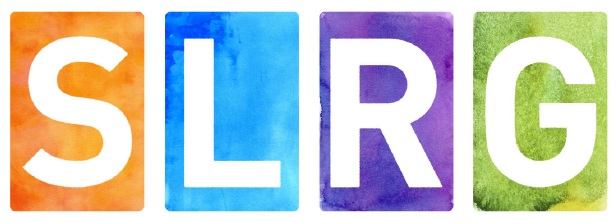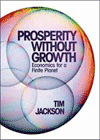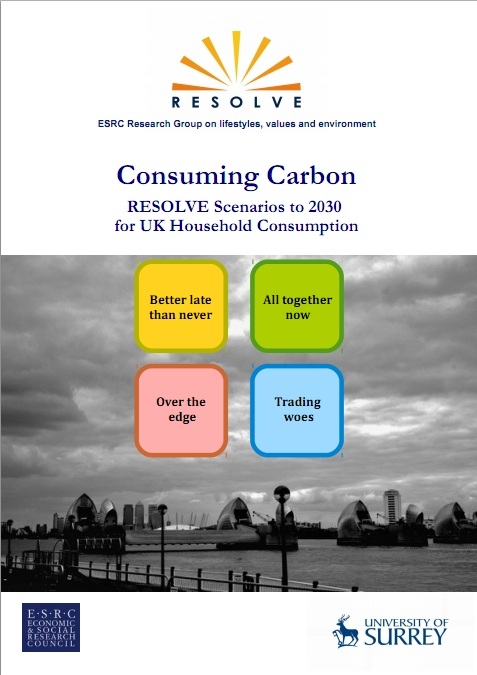Peter Bradley
Peter is currently a research fellow on an EPSRC funded project in the Centre for Environmental Strategy (CES): Reshaping Energy Demand of Users by Communication Technology and Economic Incentives (REDUCE). He joined CES and RESOLVE in May 2006 as an EPSRC research fellow and became a full time PhD student in 2008 and through this funding developed Commercial Local Area Resource and Emissions (CLARE) modelling for the UK using a case study of Southampton. The aim of the PhD project was to develop a framework that can generate estimates of the physical amount of direct and indirect green house gas emissions, wastes and water use for either individual businesses of a specific sector, or all businesses of a specified sector within a defined geographic area. The case studies sectors for the PhD are the Hospitality and the Food retail sector.
Before the PhD, Peter’s EPSRC fellowship (completed end of 2007) focused on the industrial and social ecology of urban resource flows. The principal objective of the project was to strengthen the theoretical foundation for sustainable waste management by developing a conceptual framework for mapping resource flows through the urban environment and applying this framework to selected illustrative case studies.
Previous work before joining CES was with Risk & Policy Analysts (RPA) Plc. Peter worked on a range of environment related projects for the UK Government and European Commission amongst others.
Specific academic qualifications held are an MSc in Economic Management and Policy from the University of Strathclyde Business School (2004) and a BSc degree in Environmental Science (specialising in chemistry) from the University of Plymouth (2003).
Disciplines and Research Interests
Peter's research is interdisciplinary. Peter is an ecological economist, particularly interested in how to staying with environmental limits and how to achieve more sustainable economies. Specifically, his research focus is to understand the links between environment, economy and sustainability. His environment, economy and sustainability analysis is conducted though the use of environmental input - output accounting and modelling as well as institutional economics applied to analyse more sustainable economies.
Selected Publications/Conference Presentations:
Journal Papers
Bradley, P., C. Thomas, A. Druckman and T. Jackson. (2008) "Accounting for Waste: comparative analysis within the UK." Institution of Civil Engineers, Journal of Waste and Resource Management. Volume 162, issue 1.
Druckman A, P. Bradley, E. Papathanasopoulou, T. Jackson (2008). "Measuring progress towards carbon reduction in the UK". Ecological Economics 66(4): 594-604.
Conference Papers
Bradley, P., T. Jackson, Druckman A and Papathanasopoulou E, (2007). Attributing Upstream (Process) Wastes to Household Consumption Activities - a case study for selected waste streams of the UK; 1995 and 2004. 11th European Roundtable on Sustainable Consumption and Production., Basel, Switzerland. 20-22 June 2007.
Bradley, P., A. Druckman, E. Papathanasopoulou, P. Sinclair and T. Jackson (2006). Attributing Waste to Household Functional Use - a pilot framework and case application for the UK. Ninth Biennial Conference of the International Society for Ecological Economics (ISEE) December 15 - 19 2006, Delhi, India.
Druckman, A., P. Bradley, E Papathanasopoulou and T Jackson (2007) Measuring Progress towards Carbon Reduction Targets. International Ecological Footprint Conference. Cardiff, 8th-10th May 2007.
Fudge S, Bradley P, and Peters M. (2008) The Impact of the Landfill Tax, the Climate Change Levy and the Aggregates Tax. Invited talk at the Sustainable Development in the Construction Industry Conference. 30th September 2008, Rembrandt Hotel. Platform presentation by S. Fudge.
Jackson, T., E. Papathanasopoulou, P. Bradley and A. Druckman (2006) Attributing Carbon Emissions to Functional Household Needs: a pilot framework for the UK. International Conference on Regional and Urban Modelling, Brussels. 1-2 June 2006.
Posters
Druckman A, Bradley P, Jackson T (2008). Industrial and Social Ecology of Urban Resource Flows. Centre for Environmental Strategy, University of Surrey.
Bradley P (2007). Centre for Environmental Strategy Poster, presented at the London Technology Network Event: Sustainability in the Urban Environment, July 2nd 2007. Centre for Environmental Strategy, University of Surrey.
Working Papers
Jackson T, Papathanasopoulou, Bradley P. and Druckman A (2007). Attributing UK Carbon Emissions To Functional Consumer Needs: Methodology and Pilot Results , RESOLVE Working Paper Series 01-07, University of Surrey, August 2007.
Jackson T, Papathanasopoulou, Bradley P. and Druckman A (2006). The Surrey Environmental Lifestyle Mapping Framework (SELMA). Concepts, Methodology and Application , RESOLVE Working Paper Series (Draft), University of Surrey, November 2006.
Books
Jan Vernon (2006), Focus on Climate Change. First published in 2006. British Standards Institution 2006. (I was involved with updating with RPA).
Other Publications
Bradley, P., Druckman, A., Jackson, T. and Papathanasopoulou E (2006) Attributing Carbon Requirements to Households Using Input-Output Techniques: Data Recommendations , RESOLVE discussion document, University of Surrey.
Bradley P & Jackson T (2007). A New Method for Mapping Business Waste,National Industrial Symbiosis Programme Researcher Symposium, Birmingham.







